- About Us
- Certifications
quality management system
environment management system
occupational health and safety management system
food safety management system
Event Management System
Information Technology
Corporate Social Responsibility
Energy Management System
Customer contact centres

- Contact Us
- FAQs
- Blogs
ISO 22000:2018 FSMS
CONSULTANCY AND CERTIFICATION
ISO 22000:2018 Food Safety Management System. During last decades the stream of food scandals has caused that the hygiene and food safety have become the main subject of the consumers interests all around the world. Concerning the fact that these threats do not have the borders, public pressure for the all-European implementation of measures has grown with the main objective to increase the food safety. EU reacted by the elaboration of number of legal regulations within the food safety area. These regulations had to be implemented by producers to their management systems within the short time. This caused the pressure towards the producers, processors and food distributors to prove, within the competitive struggle, expressly, transparently and credibly their ability to fulfil the legal requirements in the practice and within the area of safety and hygiene within all food web.
The base management tool for above mentioned requirements fulfilment and obtaining of customer’ s trust is the implementation of food safety management system (FSMS) according to international standard ISO 22000.
This international standard specifies the requirements for structural system of food safety management, which connects generally established key items of food safety assurance because it integrates the rules of system of Hazard Analysis and Critical Control Points (HACCP) and the steps of its application, elaborated by the Codex Alimentarius Committee, with the system of preventive requirements programs (PRP).
This international standard mainly makes provisions for standard ISO 9001 provisions with the aim to increase compatibility of these two standards and enables simple implementation mainly in such food industry organizations, where the system of quality management according to ISO 9001 has already been established. Standard ISO 22000 can be successfully applied also individually, independently of other standards and management systems aside from the size of organization or operation.
Implementation and certification of food safety management system according to standard ISO 22000 brings to organization advantages in many areas:
Internal advantages for organization:
- Improvement of hygiene, technological discipline
- Improvement of management and personnel communication
- Review of tasks and explicit specification of individual employees responsibilities, improvement of work discipline
- More effective checking of processes, employees, suppliers, raw materials and final products
- Decrease of defectiveness, improvement of qualitative indexes
- Operative problems solving, possibility of permanent improvement
- Compatibility with the system of quality management according to standard ISO 9001 and other management systems – possibility of integrated management system generation
External advantages for organization:
- Resumption of consumers trust within the food safety
- Improvement of company’s image in the eye of consumer and inspection bodies
- Improvement of legal protection of organization
- Decrease of the pressure from inspection bodies following the increased qualitative and safety standard
- Easier implementation and carriage of new products on the market
- Easier and more effective creation and maintenance of marketing position of the organization within given sector
ISO 22000 certificates are also accepted by multiple stores and large producers in Europe, USA, UK, Middle East and Asia.
This is the legal requirement for seafood exporters in Pakistan.
Requirement for SFDA, China, Thailand and Other Countries.
Working Strategy and Mandatory Documents for MFD Approval HACCP Manual
1. Approved HACCP Manual , Implementation and Training
2. Layout Design
3. Medical Screening
4. Calibration
5. Pest Management
6. Environmental Test
7. Water Test



